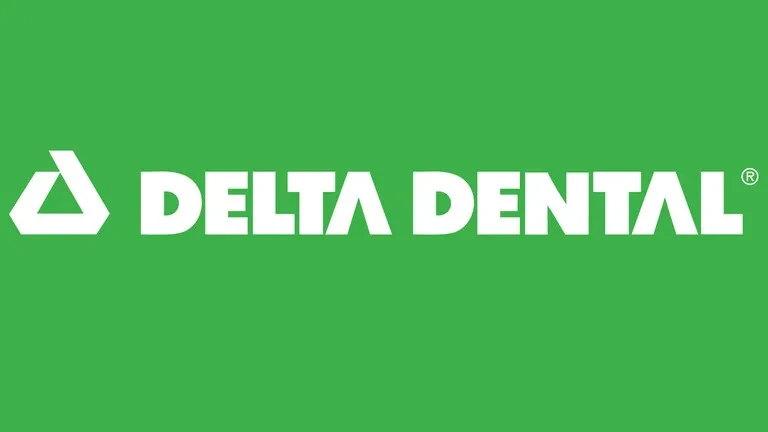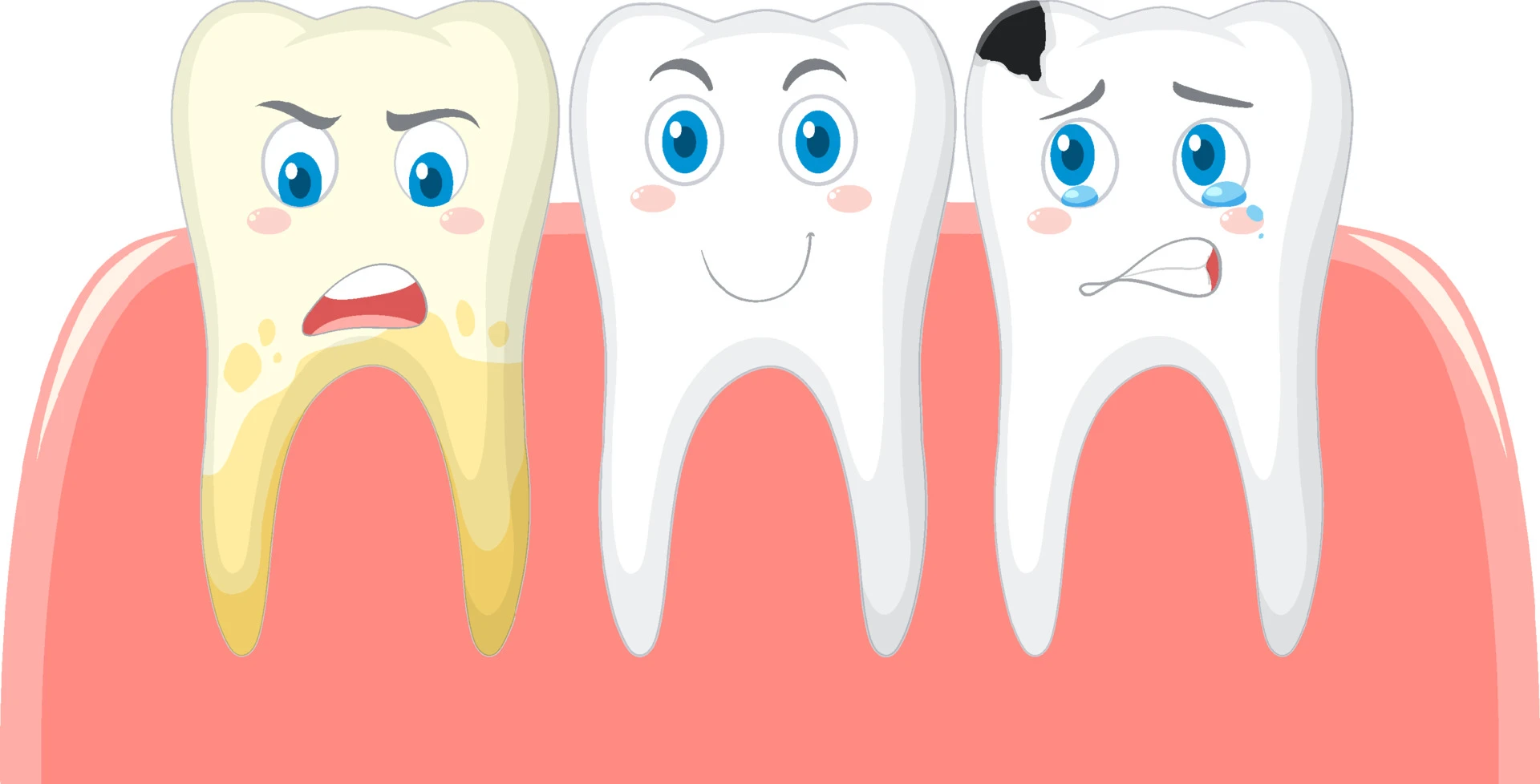1. Understanding the Various Types of Dental Plans
When it comes to dental coverage, most plans encompass preventive dental care such as regular cleanings, routine examinations, and X-rays. However, it's essential to acquaint yourself with the distinct types of dental insurance plans before reaching a final decision.
Dental HMO Plans:
Dental Health Maintenance Organization (HMO) plans generally come with lower costs compared to other dental insurance options, featuring reduced monthly premiums and minimal out-of-pocket expenses. Under these plans, coverage is limited to visits to dentists and healthcare providers within the HMO network.
Dental PPO Plans:
Dental Preferred Provider Organization (PPO) plans typically entail higher costs compared to HMO plans, with elevated monthly premiums and out-of-pocket expenses. This higher cost grants the flexibility to utilize services from both in-network and out-of-network dentists and providers.
Indemnity Dental Plans:
Indemnity dental insurance plans represent a more traditional approach. Often referred to as "fee-for-service" insurance, these plans usually reimburse a percentage (known as coinsurance) of covered dental costs. With this plan type, individuals have the freedom to select their preferred dentist or healthcare provider.
2. Evaluating Your Dental Care Needs
Whether you're considering coverage for yourself or your entire family, it's important to ensure that each member receives essential preventive care such as dental exams, X-rays, and cleanings. However, different age groups may have varying dental requirements:
- Children may require additional dental attention, including fluoride treatments, sealants, and possibly orthodontic treatments like braces.
- Adults may need a diverse range of dental services, from wisdom teeth extractions to root canals.
- Seniors may necessitate comprehensive coverage similar to adults, which could include procedures such as tooth extractions and denture fittings.
3. Seeking an Extensive Dental Network
When selecting a family dental plan, having access to multiple dentists can be advantageous for several reasons. Firstly, scheduling appointments may be easier if multiple dentists are available, accommodating varying work and school schedules. Secondly, having a choice of dentists ensures that you can receive treatments that may not be available with just one provider. Additionally, different dentists may specialize in various areas, such as pediatric or geriatric dentistry, catering to the diverse needs within your family.
4. Understanding Dental Insurance Coverage
While basic dental insurance plans typically cover routine treatments, it's essential to review the specifics of your plan to understand its full scope. Some plans may extend coverage to additional services like in-office teeth whitening. By thoroughly examining plan benefits, you can ensure that all necessary treatments are covered, maximizing your plan's benefits each year.
Additionally, it's crucial to scrutinize the fine print for details such as waiting periods and limitations on certain services. Some plans may impose waiting periods or have annual maximums, which can impact your timing for expenses like dental implants or orthodontic treatments. Furthermore, verifying whether your preferred dentist or healthcare provider is in-network is important, as it may affect your out-of-pocket costs and choice of provider.
5. Understanding All Associated Costs
When comparing individual and family dental insurance plans, consider not only the monthly premiums but also factors such as deductibles and annual maximums. Deductibles represent the amount you must pay out of pocket before insurance coverage begins, while annual maximums cap the total amount covered by the insurance each year. Understanding these costs is crucial, especially if family members have ongoing dental needs that may reach or exceed annual limits.
6. Considering Discount Dental Plans
Distinct from traditional insurance, discount dental plans offer reduced rates on specific dental services without copays or annual maximums. By enrolling in a discount dental plan, you can access savings at participating dentists, paying for services directly at a lower cost.
7. Enrolling in a Dental Insurance Plan
Before finalizing your decision on a dental insurance plan, thorough research, review of plan details, and consideration of future needs are essential. Whether you prioritize coverage for orthodontic treatments and dental implants or seek basic care, exploring the diverse range of dental plans offered by providers like Humana can help you find a suitable option with varying levels of coverage and affordable premiums for your family's needs.



